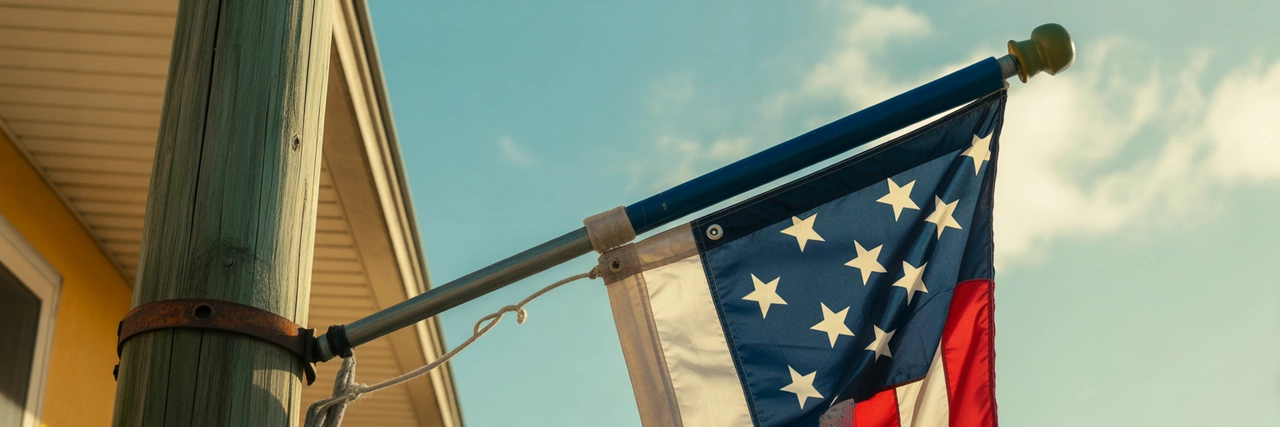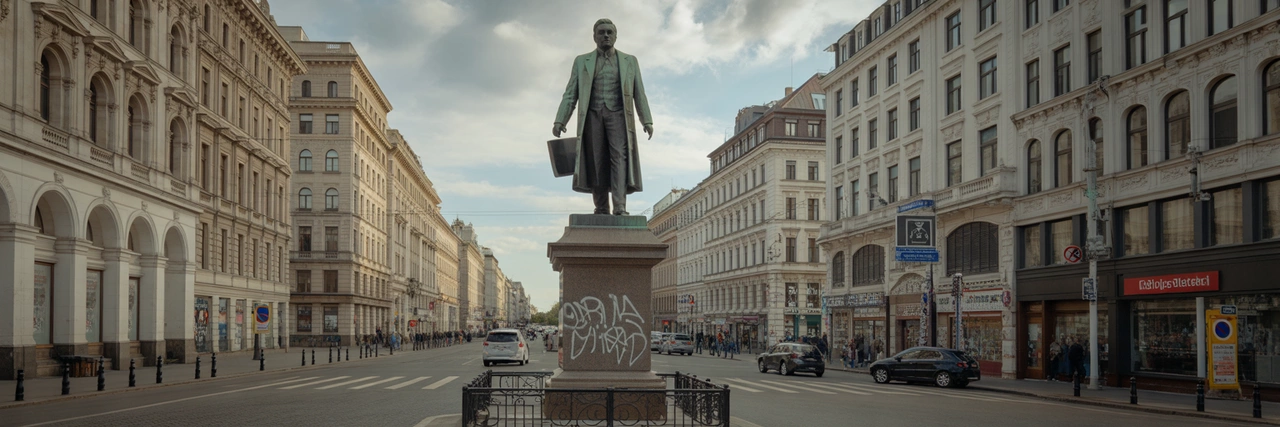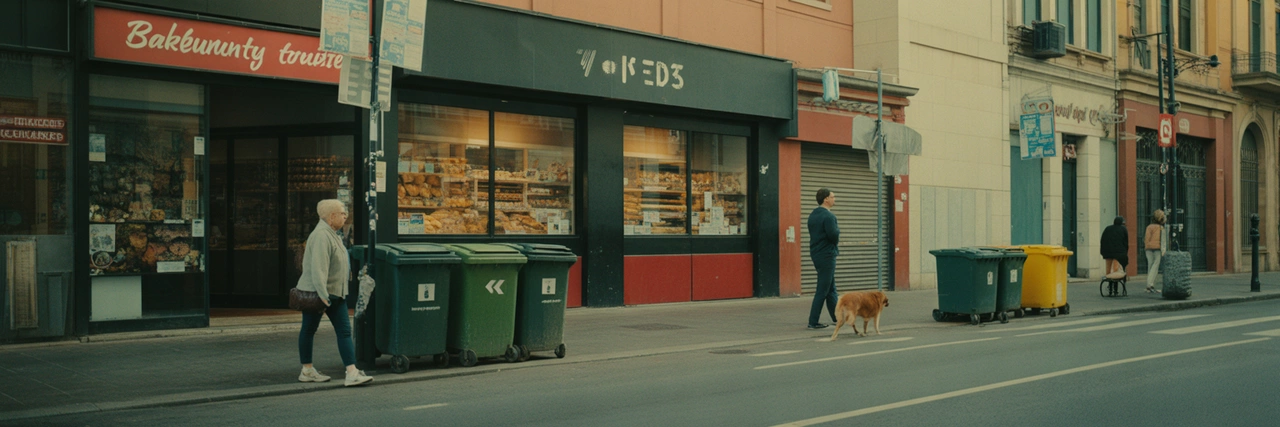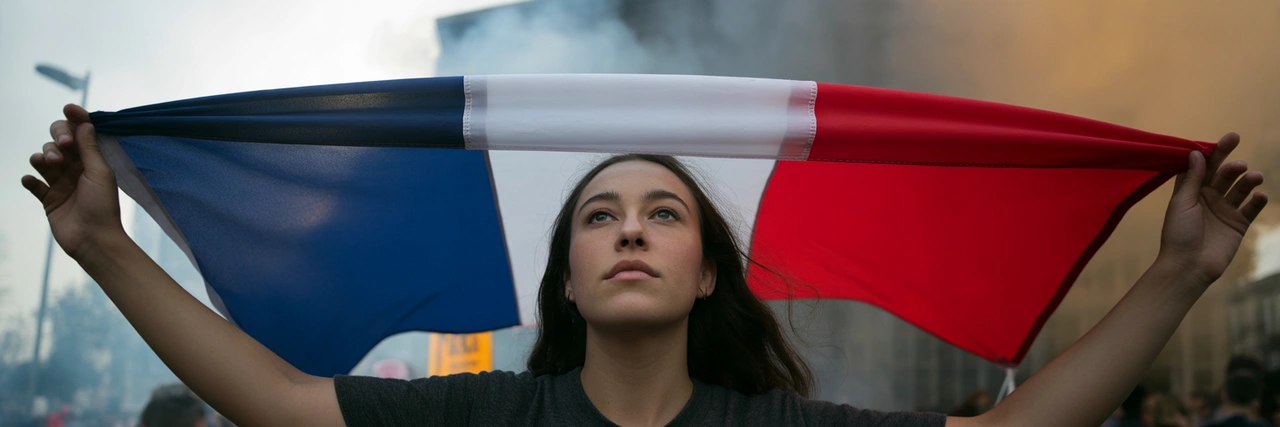Worn Statues and Torn Flags: What Patriotism Looks Like in 2025
I’ve never been one to wave a flag — not because I lack love for where I’m from, but because I’ve always been suspicious of symbols that try to speak for too many people at once. These days, patriotism feels louder, rougher, more performative. I don’t mind someone’s pride, but when it gets weaponized, it becomes noise. Somewhere in that shift, the quiet kind — the kind that listens, builds, doubts — seems to get drowned out.

I live near a square where an old bronze figure stands — a general from a forgotten war. Most days he’s ignored, but now and then someone tapes a protest note to the pedestal, or sprays a slogan across the plinth. And I get it. We keep building monuments to things we never fully understood. Memory is messy. But instead of tearing them all down, maybe we need to walk around them slowly, ask new questions, listen to the silence they cast.

What I’ve learned, drifting between cities and languages, is that belonging doesn’t need a uniform. It’s a smell in the morning, a neighbor nodding at you, the way you know which streetlight flickers first at night. That’s the kind of patriotism I trust — not the kind you shout, but the kind you live. And yet it rarely gets the microphone. Maybe because it doesn’t sell anything.

I’ve seen flags burned in squares and hoisted high on rooftops, both by people certain they’re right. And I wonder — when did we stop making room for doubt in our public rituals? Maybe real love for a country isn’t certainty, but staying in the discomfort long enough to help it change. That’s a messy loyalty, but maybe the only one worth having.

Close